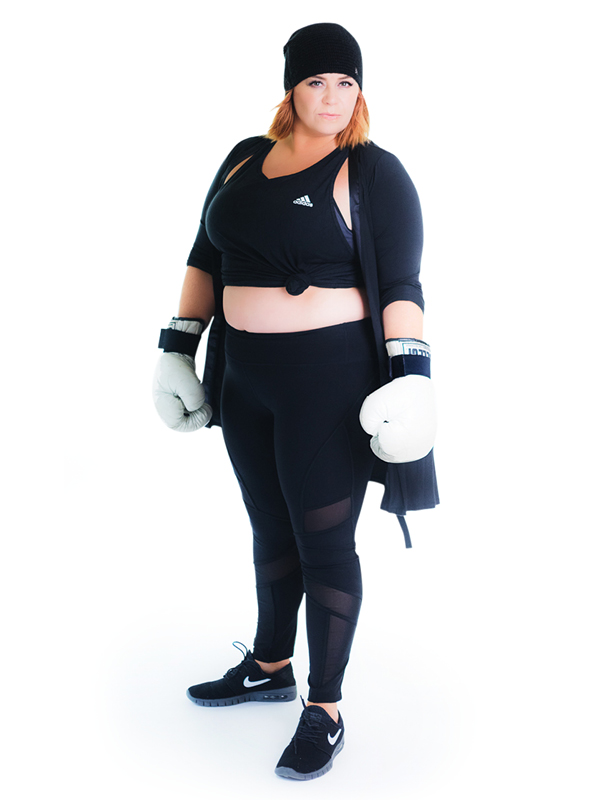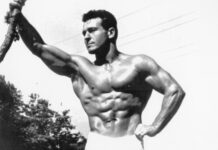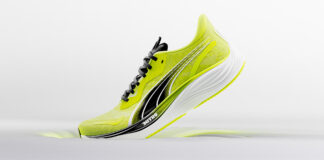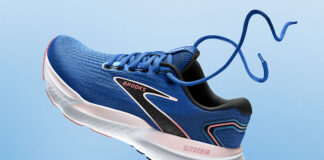
I am an athlete. When I run the streets of my neighborhood with my running tribe around me, pushing my body to its limits, sweat dripping from my forehead, I am an athlete. When I race across the finish line, swim my final lap, or finish a particularly challenging fitness class, I am an athlete. And you can become an athlete, too.
In the past, I tried many times to find my way to an active life. Maybe you can relate: I would start an activity only to get discouraged and end up back on the couch, feeling guilty and defeated. I would be overly enthusiastic and join a new gym, commit myself to a
two-year contract and vow that this time I would finally get my shit together. I would shift excessively into “all” mode and then in fairly short order slip back into “nothing” mode, then add up more failure and disappointment.
I was convinced, maybe you are too, that athletics and the healthful life I desired were reserved for a group of thin elites. Why was I convinced that I could only be an athlete if I fit a particular body type?
“Athlete,” as defined by the Oxford Dictionary, means a person who is proficient in fitness or sport. Proficient. Oxford does not mention age, gender, race or physical size. Today, by society’s standards, the word “athlete” means being ripped and muscular. When men or women fit the dictionary definition of athlete, but do not have the body type dictated by our culture, they may be subject to ridicule.
You may remember what the reaction was to baseball player Prince Fielder when his fat, naked body graced the cover of ESPN Magazine in 2014. The Internet exploded with body-shaming comments that ridiculed Fielder for his strong, muscular — but apparently not ripped enough — physique. We are guilty, collectively, of associating athlete with thin, muscular frames, but not bodies that fall outside of that narrow range.
At a press conference, Fielder spoke his truth about the reaction from society. “A lot of people probably think I’m not athletic or don’t even try to work out or whatever, but I do,” Fielder said. “Just because you’re big doesn’t mean you can’t be an athlete. And, just because you work out doesn’t mean you’re going to have a 12-pack. I work out to make sure I can do my job to the best of my ability. Other than that, I’m not going up there trying to be a fitness model.”
It’s time to restore the true meaning of the word athlete. Everyone has the ability to become athletically proficient, to achieve and often exceed their expectations of themselves, and everyone has the right to bring their bad-ass powerhouse self into the forum of sports and physical activity.
If you buy into the idea that an athlete’s body must fit society’s narrow ideal — chiseled, youthful — you are cheating the rest of us who are athletes but do not have the “right” body type.
We need you in this fight to prove that we all have a place in the arena, at the starting line, on the field.













